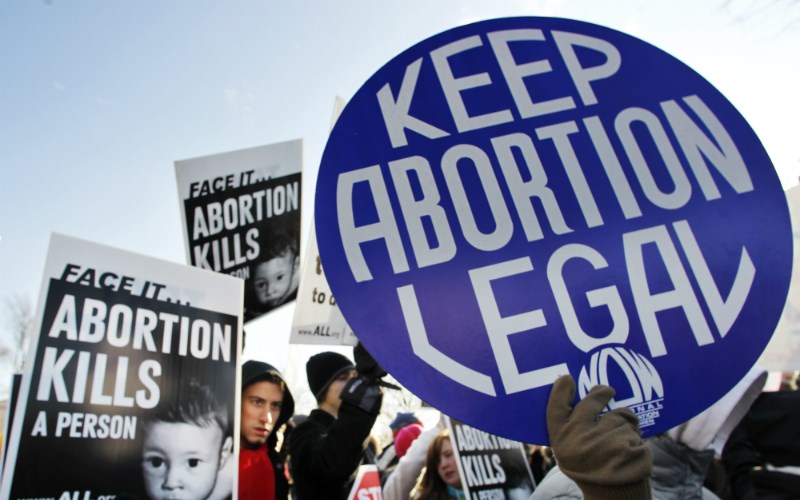Dr. Michael New of the Charlotte Lozier Institute says the study published in the Journal of the American Medical Association (JAMA) that claims pro-life laws are to blame for an increase in anxiety and depression among women since Roe v. Wade was overturned has flaws.
It compares 13 states with trigger laws that ban abortion to 37 states that do not and concludes "there was a significantly greater increase in the mean PHQ-4 (Patient Health Questionnaire-4) score … in trigger states vs. nontrigger states."

"It relies on a survey that only has a 6% response rate," Dr. New points out. "When you get a response rate that low, that's problematic. Also, some of the states it looks at did not actually have strong pro-life laws in effect."
Utah, for example, only briefly had a strong pro-life law in effect. Like a similar measure in Wyoming, it was held in abeyance by court edict.
Dr. New suggests that data on suicides, suicide attempts, and appointments with mental-health professionals would be far better ways to analyze the changes in the psychological well-being of women. And even if this study's stats are taken at face value, the impact on mental health is minimal.
"There's a lot of research out there that seems more interested in trying to portray pro-life laws in a negative light rather than actually do useful research," he observes. "This is another attempt to make pro-life laws appear to have a negative effect. In reality, these laws are saving lives, and I think studies like this should just be ignored."
He also advises pro-lifers across the nation to stay the course.







